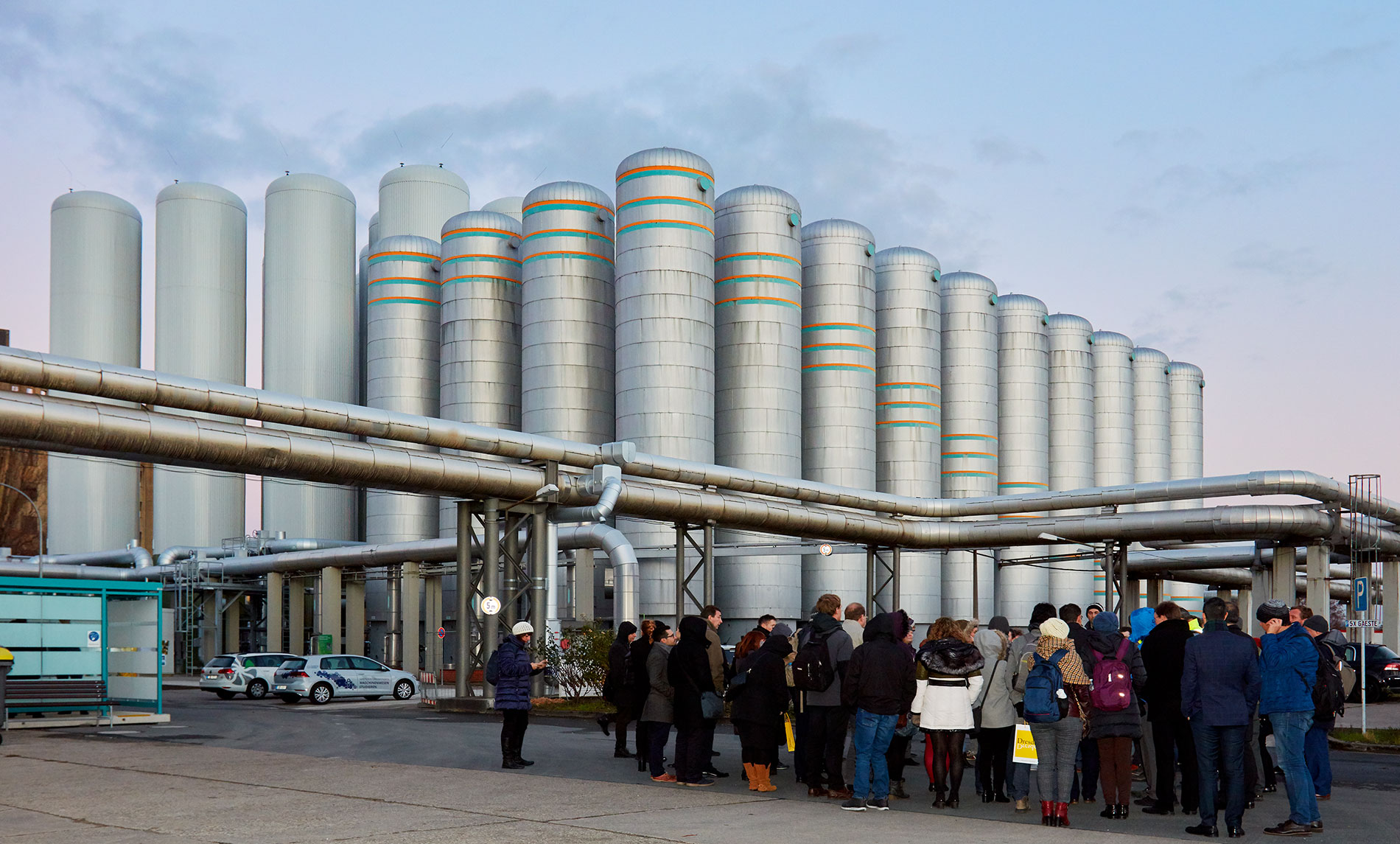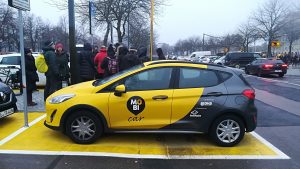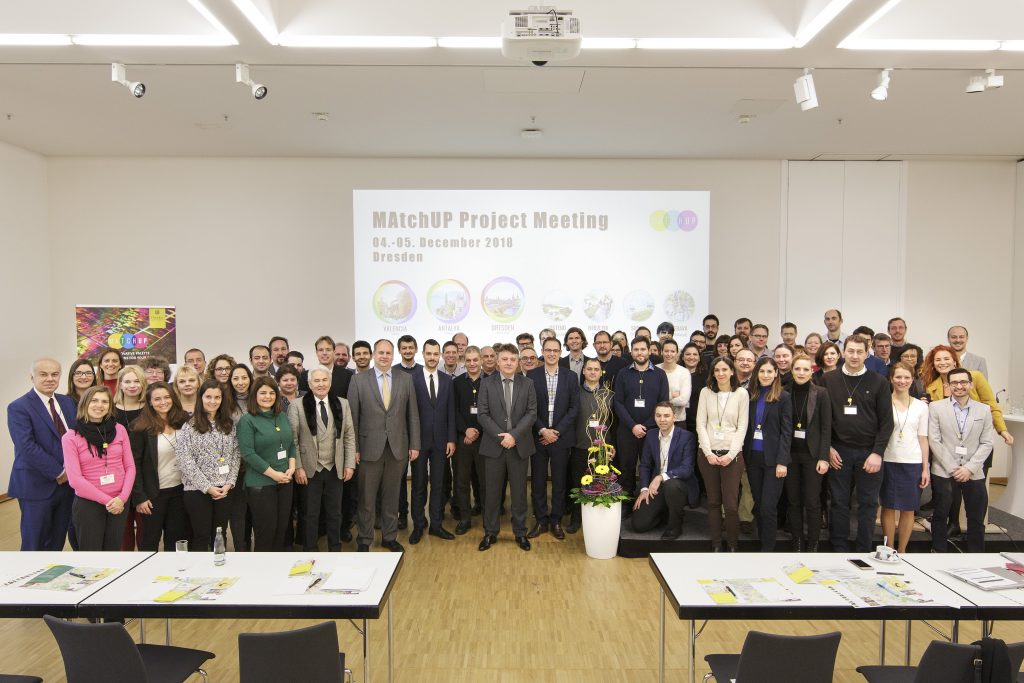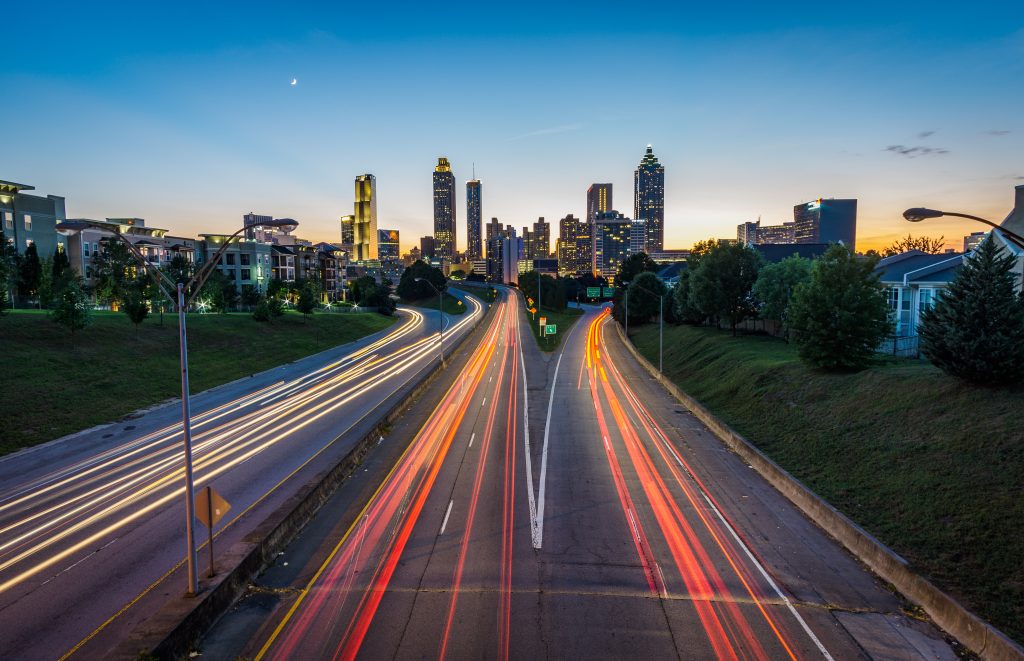Christmas is coming and its atmosphere is in the air, especially in Dresden. The Saxon capital is known for its most ancient Christmas Market in Germany, visited every year by over 2,5 million people. And MAtchUP partners were among them. From Tuesday 4th to Thursday 6th of December, Dresden hosted about 70 representatives of the 28 project partners from eight countries (Spain, Turkey, Belgium, Finland, Israel, Macedonia, Italy and Germany).
In workshops, technological measures will be presented and discussed that have already been implemented in the first project year and are planned for the future in the Lighthouse Cities of Valencia, Antalya and Dresden. In addition, work is also being undertaken on an overarching evaluation system to assess the success of the measures.
“In order to give our citizens a secure future and a city worth living in, we need to clarify how our city should develop and how we want to live in the future. To this end, we are focusing on sustainability and innovation. In the MAtchUP project, we are working with our regional and international partners on the key factors that will enable Dresden to become a pioneer in this area,” says Dirk Hilbert, Lord Mayor of the City of Dresden.
In order to give participants an impression of the measures that have already been implemented in Dresden as part of the project, a tour through the project district Johannstadt has been organised for the participants – including a guided tour of the innovation power plant in Reick and a visit to Volkswagen’s Transparent Factory. This tour is supported by the project partners Fraunhofer Institute for Transport and Infrastructure Systems IVI and Dresdner Verkehrsbetriebe AG (DVB), which provide the busses, DREWAG – Stadtwerke Dresden GmbH, which enables an insight into their power plant, and the associated project partner Volkswagen Sachsen GmbH.
Focus on the development of urban data platforms
A main topic of the meeting will be the development of urban data platforms. These will enable access to urban data and project data and thus serve as a basis for various applications – e.g. in e-government, the central processing of urban data for monitoring purposes or the provision of selected data as “open data” via open interfaces that allow the development of innovative business models. In addition, energy topics will be discussed in detail, e.g. approaches to self-sufficiency and tenant electricity models, the use and efficiency of photovoltaic systems, the use of storage systems, the integration of renewable energies into Dresden’s district heating network, the integration of technologies within the framework of smart meters, i.e. intelligent measurement techniques, and the economic and social aspects associated with the topics.

Indicators help to evaluate the success of mobility measures
Mobility measures in individual cities will also be addressed. To this end, indicators such as the use of different means of transport, pollution by dust and noise and technical details on different means of transport for all cities were determined in advance. Within the framework of a mobility workshop, these will be discussed in detail and used for the further duration of the project. Using the indicators, improvement and development measures can be monitored to determine which successes have ultimately been achieved.

“As an economic development agency, we want to ensure a good economic, educational and scientific development in Dresden by supporting local companies, start-ups and investors and ensuring good conditions for growth. Among other things, MAtchUP offers us the opportunity to promote the Johannstadt district precisely at this level and to advance its development,” says Dr. Robert Franke, Head of the Office for Economic Development of the City of Dresden.
Delegation from Dresden’s twin city Skopje takes part

In addition to the technologies used, the project meeting will also focus on the underlying business and financing models and the participation of local citizens. MAtchUP should enable the transferability of technical solutions to other neighbourhoods and cities. The so-called follower cities – Skopje (Macedonia), Herzlia (Israel), Ostend (Belgium) and Kerava (Finland) – should benefit from the experience of the Lighthouse Cities and use it for their transformation processes. For this reason, the Lord Mayor of Skopje, Petre Shilegov, is also coming to Dresden. He will be accompanied by a delegation of representatives from politics and business. In addition to participating in the MAtchUP project meeting, the programme includes talks with Mr. Mayor Dirk Hilbert and First Mayor Detlef Sittel. Skopje’s Lord Mayor Petre Shilegov commented: “I am delighted to further intensify our partnership with Dresden. The Smart-City-Project MAtchUP offers the occasion, where we learn from the solutions from Dresden, Valencia and Antalya. In addition, the further exchange of experience with Dresden on the topics of fire brigade and disaster control is important to me. Both cities have been working closely together in these areas for a long time. Dresden’s application for the European Capital of Culture 2025, which is also meeting with great interest in Skopje, is also central“.
Background
The European Commission’s award of the “MAtchUP” project confirms Dresden’s role as a leader in smart city solutions. Cities worldwide face similar challenges. The key themes are energy efficiency, digitisation, decentralisation, renewable energies, multimodality and electromobility. The project therefore aims to create intelligent, clean cities that can meet the challenges of climate change. With its great technological competence, Dresden is in a position to develop practicable solutions that can serve as models for other cities and is therefore – together with Valencia (Spain) and Antalya (Turkey) – a pioneer in this project, a so-called “Lighthouse City”. This makes Dresden one of four Lighthouse Cities in Germany alongside Hamburg, Cologne and Munich. Over 5 years (2017 to 2022), the European Union is supporting the project with a total of around 17.5 million euros. Approximately 4.5 million euros of this is attributable to the Dresden partners (Dresden City Council, DREWAG – Stadtwerke Dresden GmbH, Dresdner Verkehrsbetriebe AG, Technische Universität Dresden, Fraunhofer Institute for Transport and Infrastructure Systems IVI, EA Systems Dresden GmbH, Vonovia SE). The Office for Economic Development coordinates the project in Dresden. It brings together partners from industry, research and administration to coordinate the measures in the Saxon state capital. Above all, the Johannstadt district of Dresden is to be developed into an intelligent and energy-efficient urban district, also by combining it with other urban development measures.


